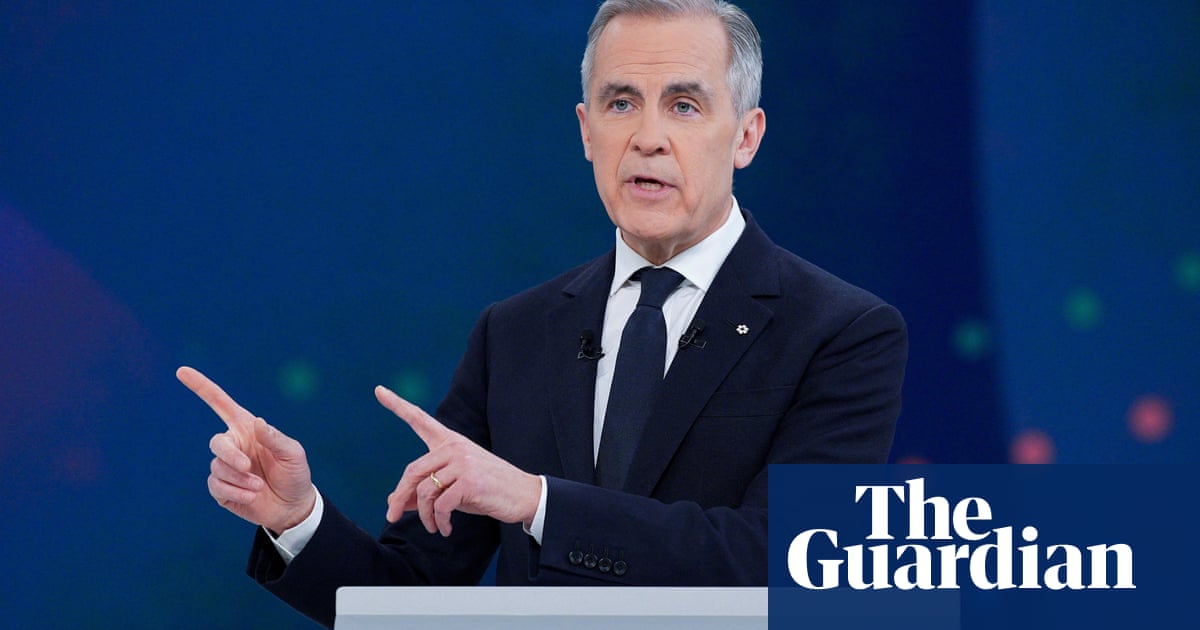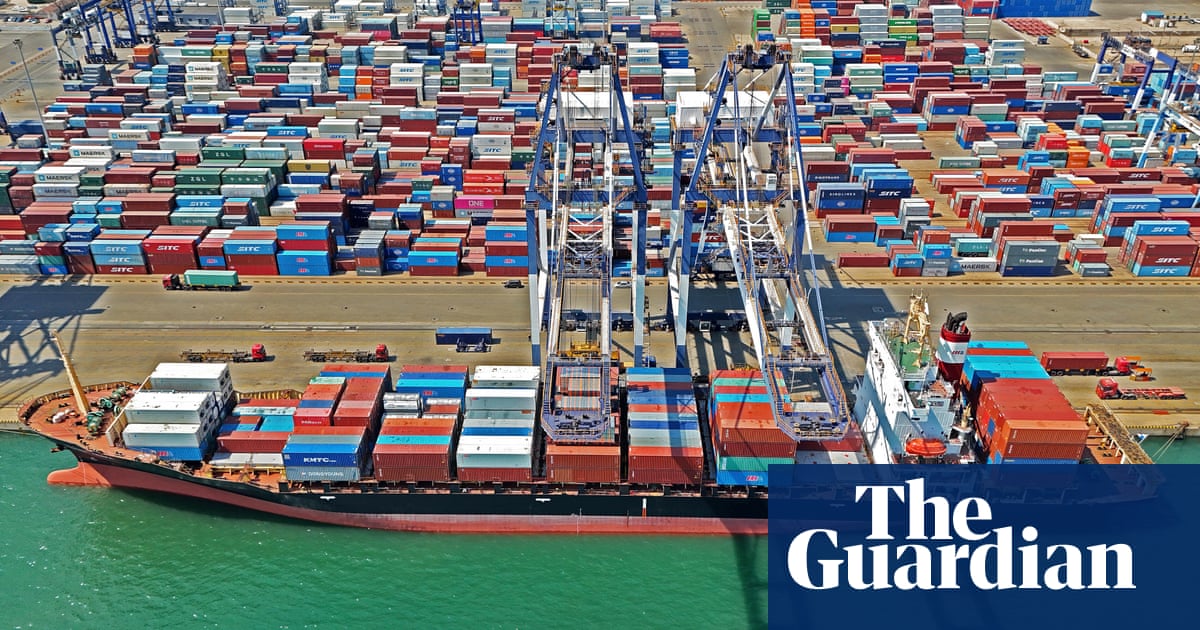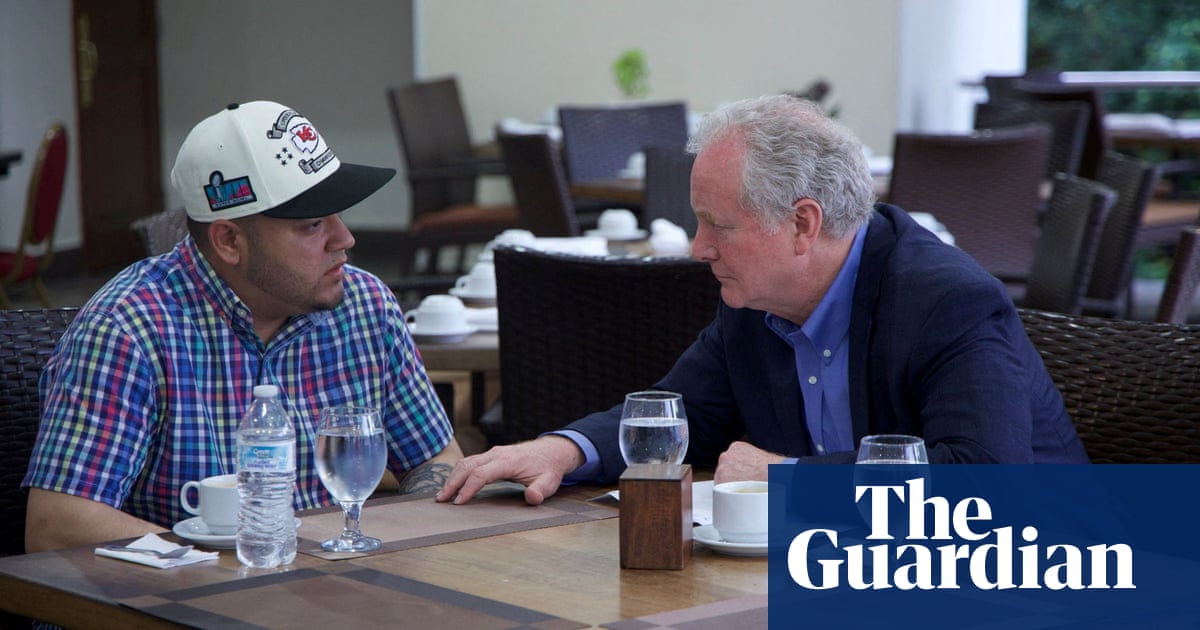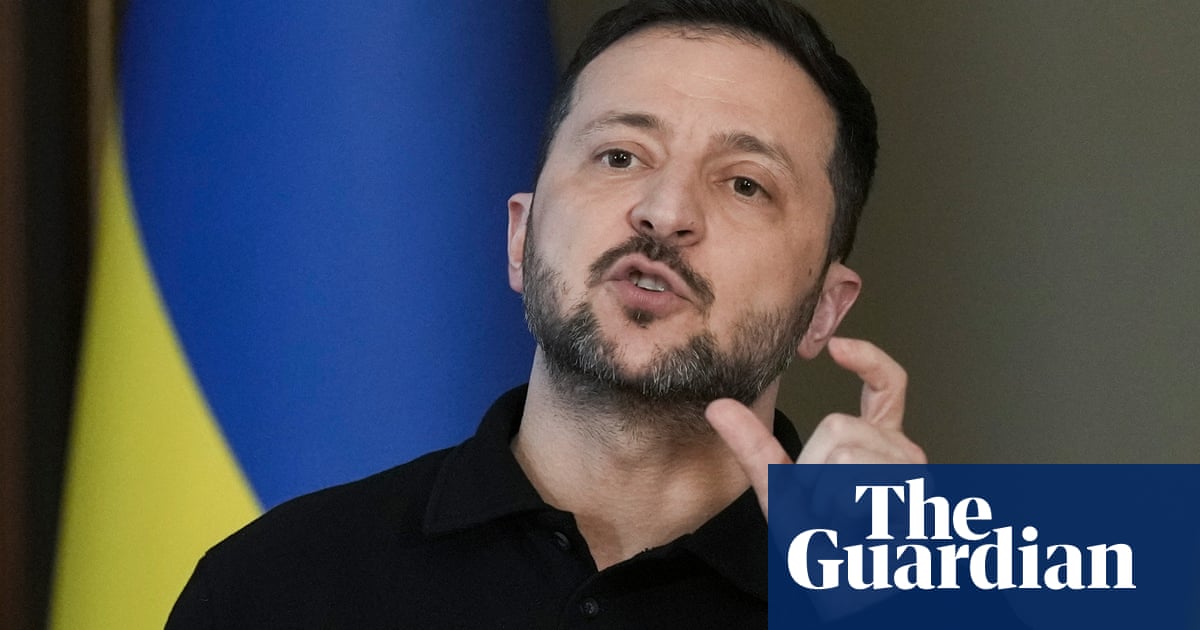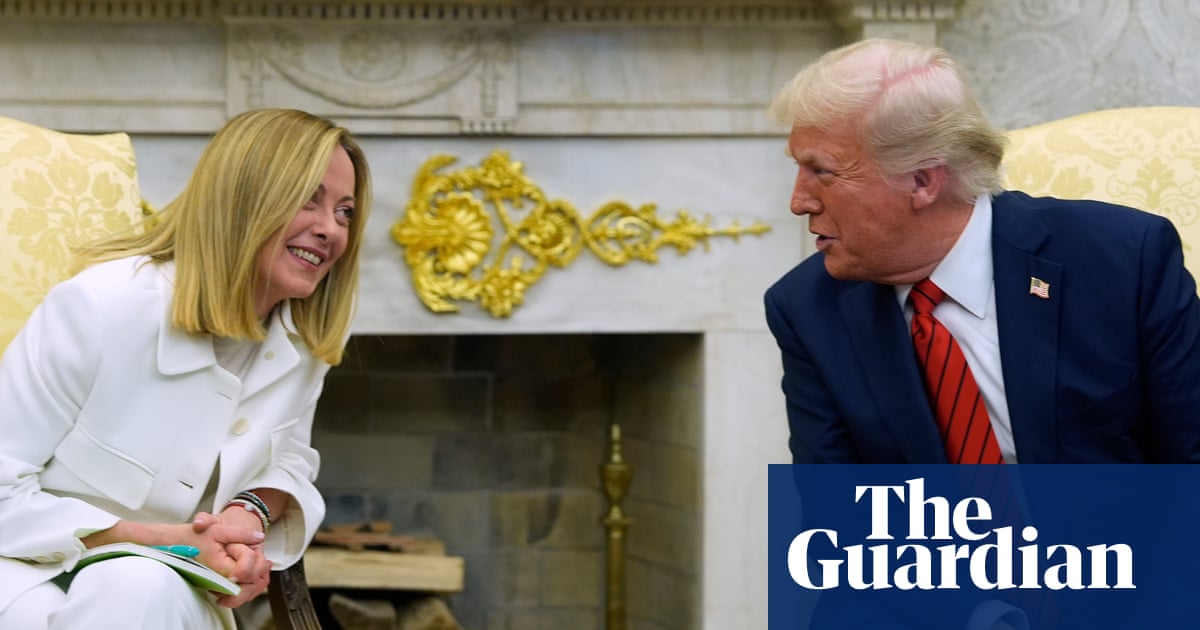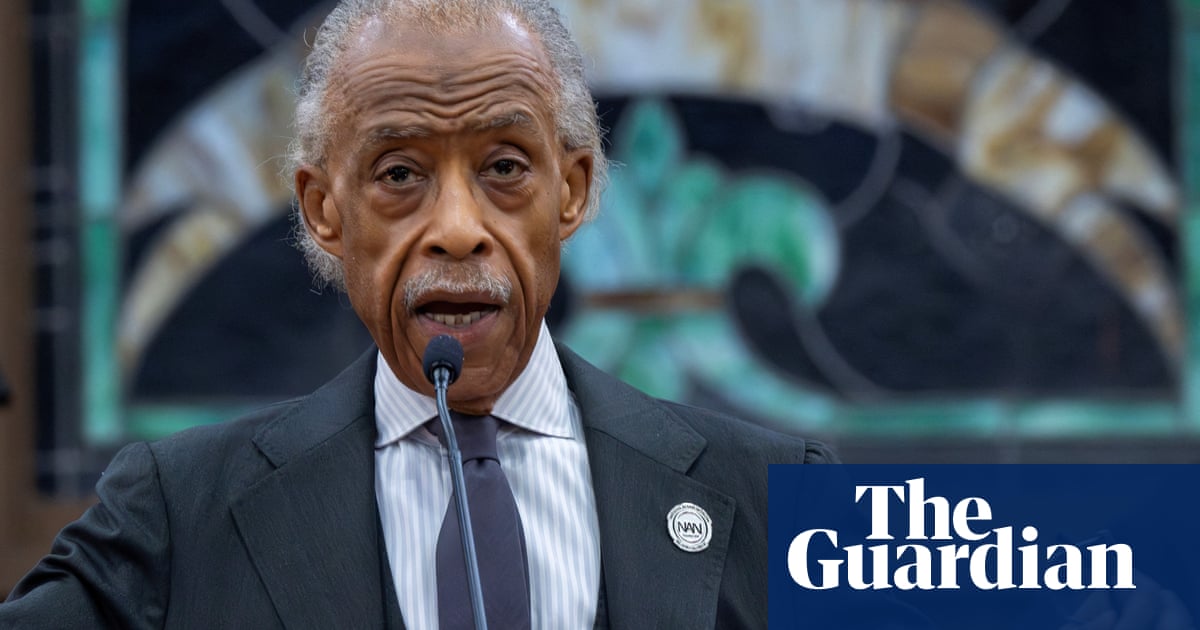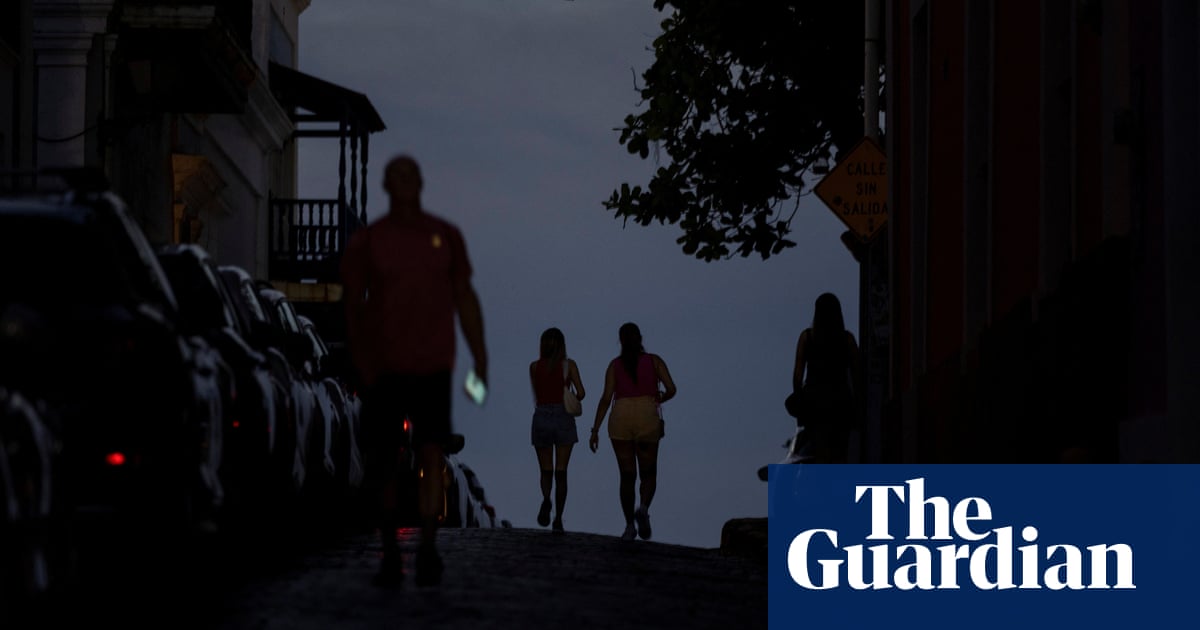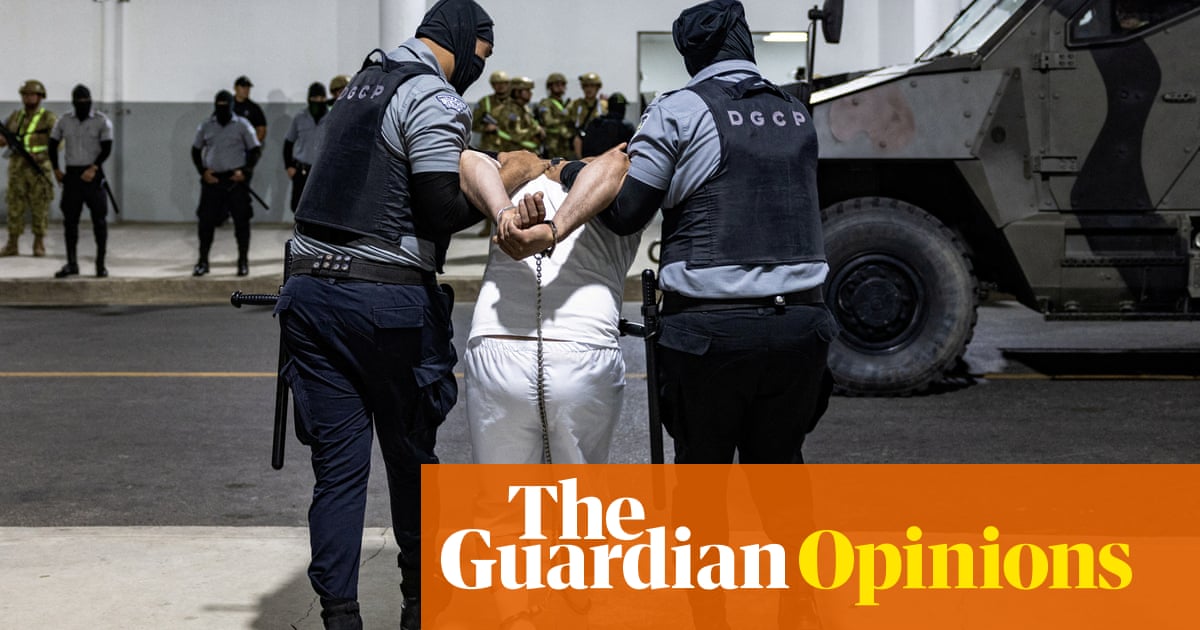No more than a narrow window of opportunity remains if we are to prevent an unnecessary global recession. As China and the US decouple, disruptive trade wars are intensifying and threaten to descend into currency wars; import, export, investment and technology bans; and financial fire sales that will destroy millions of jobs worldwide. It seems barely credible that the world is being brought to its knees by one economy, outside of which live 96% of the population, who produce 84% of the world’s manufactured goods. But even though US officials have previously talked of a tariff policy of “escalate to de-escalate”, Donald Trump’s aim is to force manufacturing back to the US, and his 90-day relaxation of some tariffs does not mean he intends to defuse the crisis.
On Monday, Keir Starmer warned that the world will never be the same again, and reminded us that “attempting to manage crises without fundamental change just leads to managed decline”. He is right. As I learned in the financial crisis of 2008, global problems require globally coordinated solutions. We need a bold, international response that measures up to the scale of the emergency. In the same way that, to his great credit, the prime minister has been building a coalition in defence of Ukraine, we need an economic coalition of the willing: like-minded global leaders who believe that, in an interdependent world, we have to coordinate economic policies across continents if we are to safeguard jobs and living standards.
The immediate challenge is to mitigate the supply-side shocks caused by the Trump tariff wall. As Rachel Reeves is proposing, we need to keep world trade moving. No two crises are ever the same, but offering extended credit to exporting and importing firms was central to the global response as trade collapsed in 2009. We also have to remind China that if it is to present itself as a champion of free trade, it is in its interests to focus more on expanding domestic consumption than flooding the world’s markets with cut-price goods it cannot now sell in the US.
Yet the global challenges go well beyond managing the tariff shock. Resuscitating trade will not be easy without coordinating macroeconomic and financial policies across continents. Global inflation will rise, even after taking into account the deflationary impact of low-priced Asian exports. But this shock is outweighed by a bigger problem: collapsing consumer confidence and declining business investment. That means we may need a synchronised reduction in interest rates – an initiative the US might well join – backed by fiscal activism in the countries where there is space to expand.
Our international economic institutions were built on a belief that if prosperity is to be sustained it has to be shared, and that you cannot have economic success everywhere unless you are prepared to act anywhere where there is need. With or without the US’s help, we must immediately mobilise the $150bn grant and loan-making capacity of the World Bank and the $1tn financial power of the International Monetary Fund, not least to help the most vulnerable, tariff-hit developing economies. In 2009, it was the combination of trade credits and multilateral bank money that underpinned the world economy by $1.1tn and prevented recession descending into depression.

A coordinated approach offers us the chance not just to stabilise the world economy but – to use a phrase from 2020 – “build back better”. For the UK, that means working ever-more closely with the EU. Indeed, the changes under way in Europe make possible a collaboration that is even more extensive than removing post-Brexit trade barriers. There has always been a tension between Europe’s desire to lead, which makes it bold, and its desire to stay united, which makes it timid, but today Europe has lower inflation than the US, and it can reduce interest rates faster.
US deficit spending since 2010 has been many multiples of the euro area, leaving Germany in particular with proportionately far lower debt than the US. With the fiscal flexibility that the incoming German chancellor, Friedrich Merz, and the EU have created, new resources can be injected into the global economy. This can be done by implementing the Draghi report on European competitiveness and would complement China’s spending boost. At the same time, the UK-EU defence cooperation agreement should be extended to enable joint and more cost-effective weapons procurement. And, to release resources elsewhere, we should advance discussions on a Europe-wide, off-balance-sheet, special-purpose defence and security fund.
Europe may be required to lead in another respect if the US’s willingness to act as a lender of last resort to the world is ever in doubt. The global Financial Stability Board should be asked to report immediately on what risks to stability may need to be addressed within the bank and non-banking sectors. If it became necessary, the European Central Bank could also be asked to fill a gap left by the US (and which China has been trying to occupy) by extending currency swaps to a wider group of countries in need of liquidity support.
Coordinated multilateral action is essential if Britain is to secure the export-led growth we need. That growth will be turbocharged by refocusing industrial policy on boosting internationally competitive sectors – from life sciences and AI, to the energy transition and the creative industries. Promoting such world-beating clusters requires us, as the chancellor has said, to invest more heavily in research and development and high-level skills. But it also demands that we champion a pro-competition regime that does not favour the tech giants at the expense of their smaller UK competitors, or dilute copyright and intellectual property laws so vital to creative talent.
It is not only the multilateral economic system that is under assault, but every single pillar of the rules-based order, from respect for the law to the self-determination of nations and historic commitments to humanitarian aid. Indeed, we are seeing a simultaneous breakdown in economic and geopolitical orders. In a follow-up article, I will suggest how we might build a new order out of what are fast becoming the ruins of the old. But first, we need to show that the world can act together to support people’s living standards. Doing so will demonstrate the fundamental principles at stake: that international cooperation is in our collective interests, and that a zero-sum world of competing nationalisms leaves us all poorer and less secure.
-
Gordon Brown was UK prime minister from 2007 to 2010

 1 week ago
13
1 week ago
13
